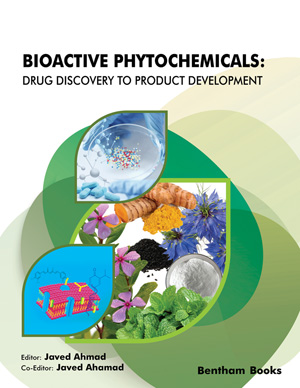Abstract
Lyme disease (LD) is an insect-borne infectious disease caused by
spirochetes-spiral shaped-flexible bacteria titled as Borrelia burgdorferi, has been
rapidly growing in United States, Europe, and Asia. During Lyme disease, Borrelia
burgdorferi causes the release of pro-inflammatory type cytokines such as interleukin
(IL-1), and T-helper cell-derived cytokines stimulating inflammation. Lyme disease
causes a wide scale of disorders on the human body i.e. skin, heart. It builds a broad
scale of problems such as arthritic symptoms at joints, nervous system problems,
bacterial infection, flu-like symptoms [1]. It creates a systemic problem for the host,
which can include, and Experimental studies showed that treatment with antibiotics
with 3-6 beta-glucan creates a synergistic effect on bacterial and viral infections due to
Lyme-Multiple Systemic Infectious Disease Syndrome (MSIDS) [2]. In this minireview,
the therapeutical effect of beta glucan on Lyme disease is examined in detail.
Keywords: β-glucan, Beta Glucan, Lyme Disease.






















